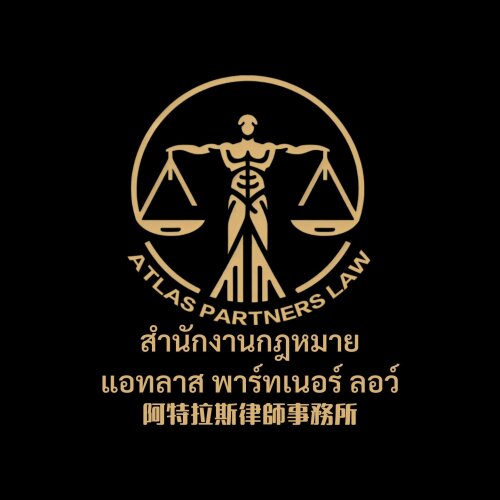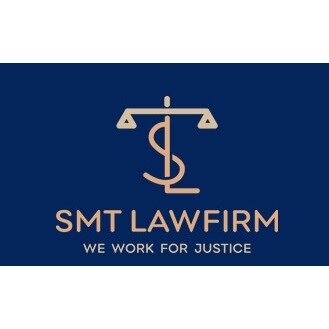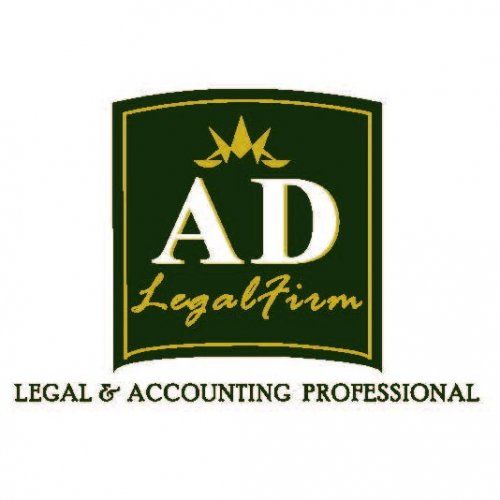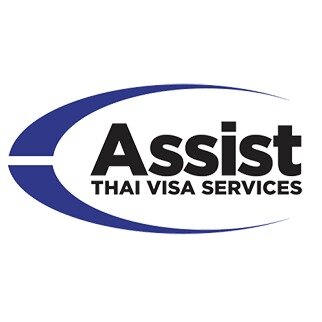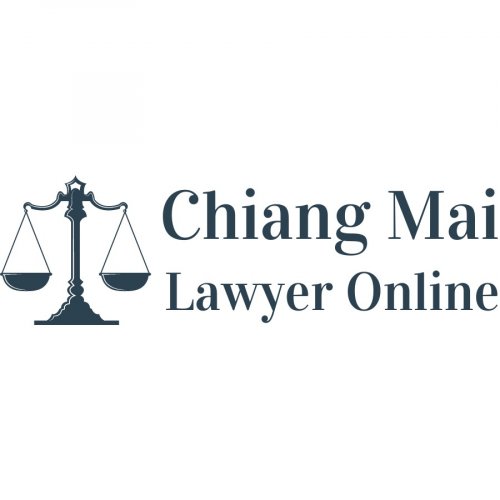Best Nonprofit & Charitable Organizations Lawyers in Chiang Mai
Share your needs with us, get contacted by law firms.
Free. Takes 2 min.
List of the best lawyers in Chiang Mai, Thailand
Legal guides written by SIAM LEGAL INTERNATIONAL:
- Defamation Laws in Thailand: Criminal Charges and Civil Suits
- The State of Thailand’s Long-Term Resident (LTR) Visa Program in 2025
- The Penalties Of Not Filing Your Income Tax Return As A Foreigner In Thailand
About Nonprofit & Charitable Organizations Law in Chiang Mai, Thailand
Nonprofit and charitable organizations in Chiang Mai, like elsewhere in Thailand, serve vital roles in addressing social needs and fostering community development. These organizations encompass a broad range of activities, including education, health, environment, and more. The legal framework regulating these entities is designed to ensure transparency, accountability, and the proper use of resources. Nonprofits in Chiang Mai can be established as associations or foundations, each with distinct legal requirements. Understanding these nuances is crucial for anyone looking to start, manage, or engage with nonprofit entities in the region.
Why You May Need a Lawyer
There are several scenarios where legal assistance is crucial for nonprofit organizations:
- Formation: Legal guidance is often necessary to navigate the formation process, ensuring compliance with Thai law.
- Compliance: Nonprofits must adhere to specific regulatory requirements. A legal expert can help maintain good standing with authorities.
- Taxation: Understanding tax obligations and opportunities for relief can save resources.
- Governance: Effective governance requires a clear legal framework, which lawyers can assist in establishing and maintaining.
- Dispute Resolution: Legal representation is often needed in case of conflicts, whether internal or external.
- Contractual Matters: Lawyers can help with drafting and reviewing contracts to protect interests.
Local Laws Overview
Thai law distinguishes between associations and foundations, and each has particular registration processes and operational guidelines. To register as an association or foundation, organizations must seek approval from the Provincial Administration Office, which involves significant documentation and compliance with specific requirements:
- Foundations: Must have clear charitable purposes, initial funding, and a board of directors. Annual reports and audited financial statements are also required.
- Associations: Typically require at least three members to form and must focus on activities aligned with their objective submitted at registration.
In addition to local statutes, organizations must comply with the Revenue Code for tax purposes, which may include exemptions and benefits for qualifying entities.
Frequently Asked Questions
What is the difference between an association and a foundation in Thailand?
Associations are groups of individuals with non-commercial aims, while foundations are entities with specific charitable purposes and assets distinct from its members.
How do I start a nonprofit in Chiang Mai?
Starting a nonprofit requires registering with the Provincial Administration Office. Legal advice is recommended to ensure compliance with all requirements.
Are nonprofits in Chiang Mai tax-exempt?
Nonprofits may qualify for tax exemptions, but this depends on fulfilling criteria under the Revenue Code, such as having charitable purposes and proper financial documentation.
Can foreigners establish nonprofits in Chiang Mai?
Yes, foreigners can establish nonprofits, but they must comply with additional regulations including the presence of Thai nationals in management roles and particular funding requirements.
How often do I need to report to the government?
Nonprofits typically need to file annual reports, including activity and financial statements, to the respective government bodies.
What are the penalties for non-compliance?
Non-compliance can result in fines, revocation of registration, and in severe cases, legal action against the organization's directors.
Can a nonprofit engage in commercial activities?
Nonprofits can engage in commercial activities if these are auxiliary to their main charitable objectives and the profits are reinvested into the nonprofit's mission.
What is the role of a board of directors in a nonprofit?
The board of directors is responsible for governance, policy-making, and ensuring that the organization's activities align with its legal and ethical obligations.
How can a nonprofit organization raise funds legally?
Legal fundraising methods include donations, grants, and membership fees. Certain activities may require additional licenses or permits.
What should I consider when recruiting volunteers?
Ensure clarity in roles, compliance with labor laws, and safeguarding practices to ensure both the organization's and volunteers' interests are protected.
Additional Resources
Here are some resources and organizations that may be helpful:
- Provincial Administration Office of Chiang Mai - For registration and compliance information.
- Thai Ministry of Interior - Offers guidelines and legal updates relevant to nonprofits.
- NGO Coordinating Committee on Development (NGO-COD) - Provides support and advocacy for nonprofits in Thailand.
- Legal Firms specializing in Nonprofit Law - Can provide tailored legal advice and services.
Next Steps
If you require legal assistance with your nonprofit or charitable organization in Chiang Mai, consider the following steps:
- Identify Your Needs: Clearly define what legal assistance you need, whether it's formation, compliance, or dispute resolution.
- Consult a Specialist: Seek out lawyers or firms that specialize in nonprofit law to get expert advice tailored to your situation.
- Prepare Documentation: Gather all necessary documents and information related to your organization's structure and operations.
- Schedule a Consultation: Contact legal professionals to discuss your case and understand the potential legal pathways available.
- Monitor Compliance: Stay informed about any changes in law and maintain meticulous records to ensure ongoing compliance.
Lawzana helps you find the best lawyers and law firms in Chiang Mai through a curated and pre-screened list of qualified legal professionals. Our platform offers rankings and detailed profiles of attorneys and law firms, allowing you to compare based on practice areas, including Nonprofit & Charitable Organizations, experience, and client feedback.
Each profile includes a description of the firm's areas of practice, client reviews, team members and partners, year of establishment, spoken languages, office locations, contact information, social media presence, and any published articles or resources. Most firms on our platform speak English and are experienced in both local and international legal matters.
Get a quote from top-rated law firms in Chiang Mai, Thailand — quickly, securely, and without unnecessary hassle.
Disclaimer:
The information provided on this page is for general informational purposes only and does not constitute legal advice. While we strive to ensure the accuracy and relevance of the content, legal information may change over time, and interpretations of the law can vary. You should always consult with a qualified legal professional for advice specific to your situation.
We disclaim all liability for actions taken or not taken based on the content of this page. If you believe any information is incorrect or outdated, please contact us, and we will review and update it where appropriate.








